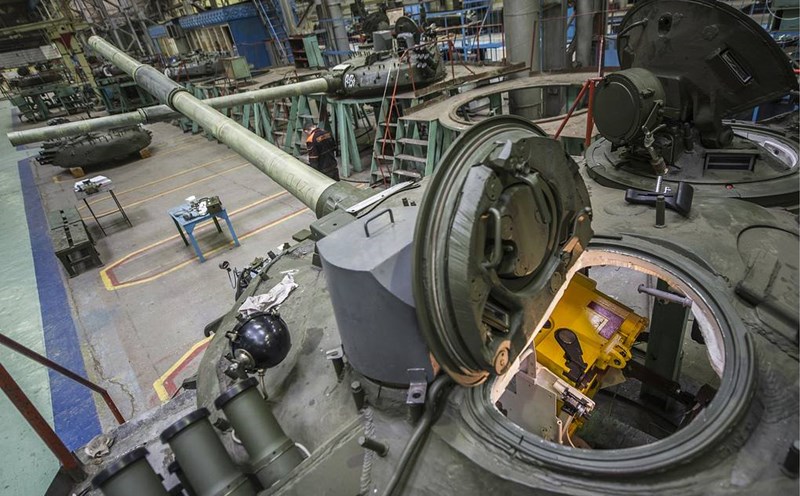ExxonMobil and partner Qatar Energy discovered a new gas field off the Greek island. The information was announced by the Cyprus government on July 8, marking the discovery of the 6th gas field in the autonomous economic zone of the Mediterranean island nation in the past 14 years.
According to the official statement, the new gas field, Pegasus-1, is located at a depth of 1,921m below sea level, about 190km from the southern coast of Cyprus. This is the second discovery by the ExxonMobil - Qatar Energy consortium in the Block 10 area, after the Glaucus-1 field discovered in 2019, with an estimated reserve of 105 billion m3 of natural gas.
There are no specific estimates of gas reserves at Pegasus-1, but ExxonMobil will continue technical assessments in the next few months to determine the scale and exploitation capability.
Cyprus authorities say the new discovery is a major step forward in the country's strategy to become a regional energy hub, while strengthening the strategic position of the Eastern Mediterranean.
Not only the ExxonMobil - Qatar Energy consortium, many other energy groups are also active here. In the Block 6, operated by Eni (Italy) and Total (France), three mines were discovered: Zeus (71 million m3), Cronos (88 million m3) and Calypso (under assessment). Meanwhile, the Aphrodite mine in Block 12 - operated by Chevron, NewMed Energy and Shell - is the mine with the largest reserves with an estimated 158 million m3.
In addition to export potential, these mines are being placed in the regional connectivity strategy. Under the agreement between Cyprus and Egypt, gas from mines such as Cronos and Aphrodite will be transported via pipeline to Egypt for domestic consumption or liquefied and exported to Europe. This helps increase access to the EU market in the context that the bloc is pushing for a sharp decrease in energy imports from Russia.
"Gas discoveries in the Eastern Mediterranean could support the EU in its efforts to diversify supply and move towards energy independence," said John Sitilides, a geopolitical expert at the Foreign Policy Research Institute (USA).
He called on the US and EU to support the formation of an energy cooperation network between Cyprus, Greece and Israel as part of Europe's re-industrization strategy.
Greek Energy Minister George Panastasiou also revealed the possibility that three large corporations - ExxonMobil, Eni and Total - could cooperate in developing nearby gas fields to optimize costs and accelerate commercialization.
In the context of Europe still not being able to completely separate from Russian gas, discoveries such as Pegasus-1 are not only of economic significance, but also an important geopolitical factor reshaping the regional energy balance.











